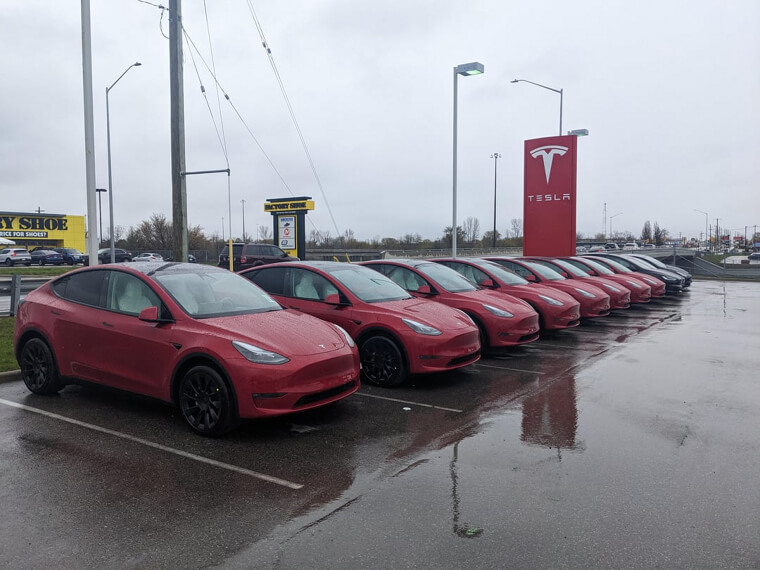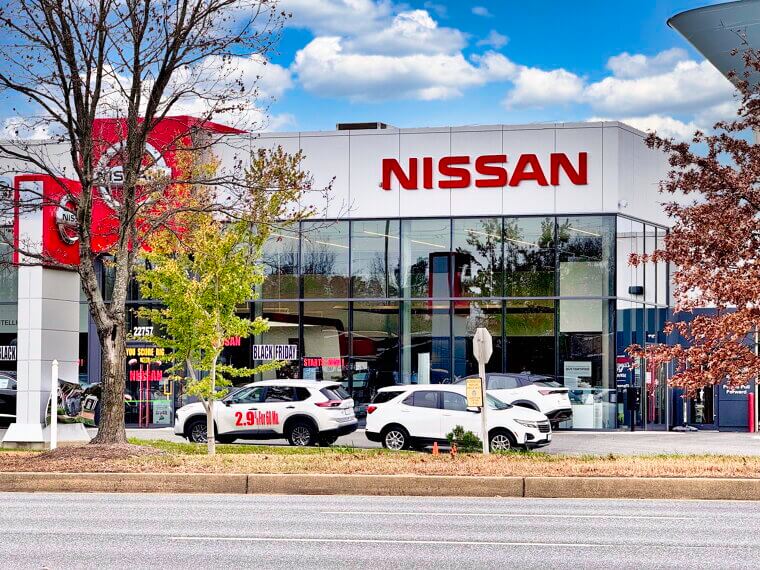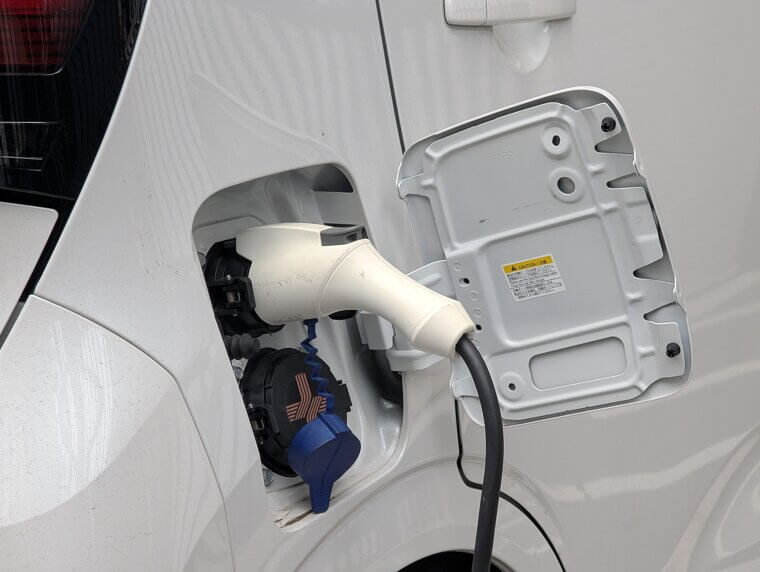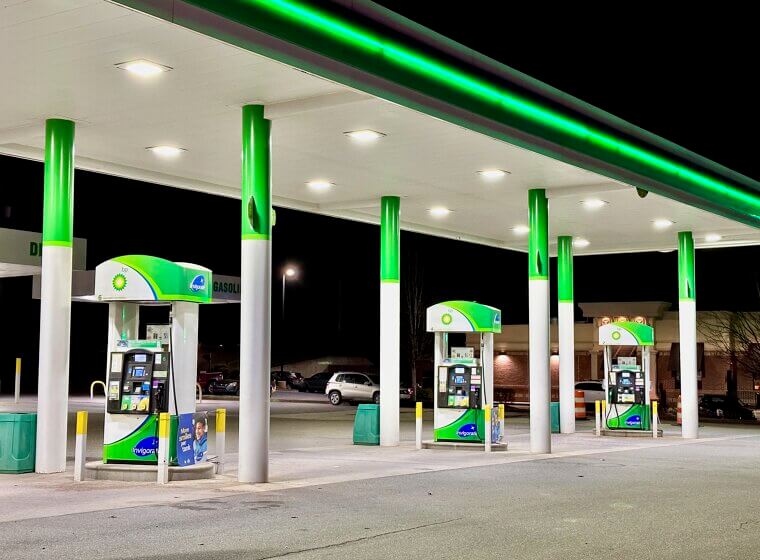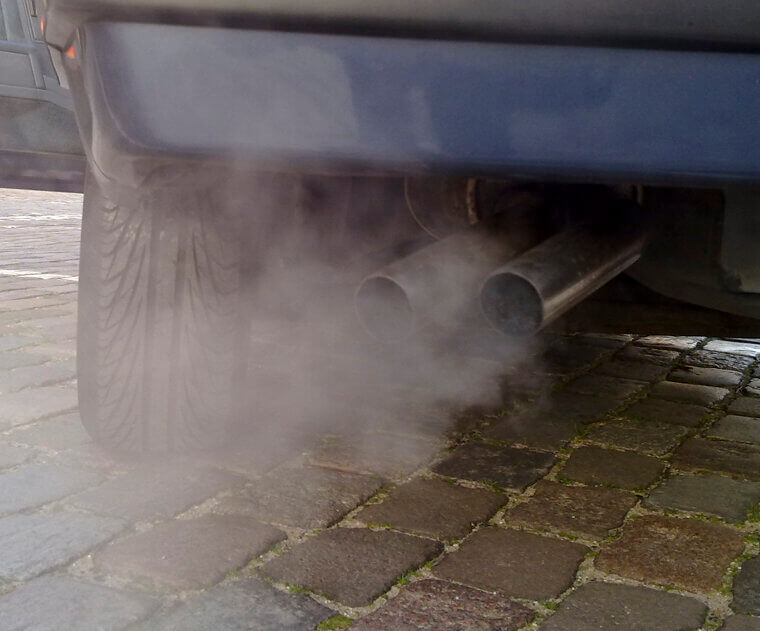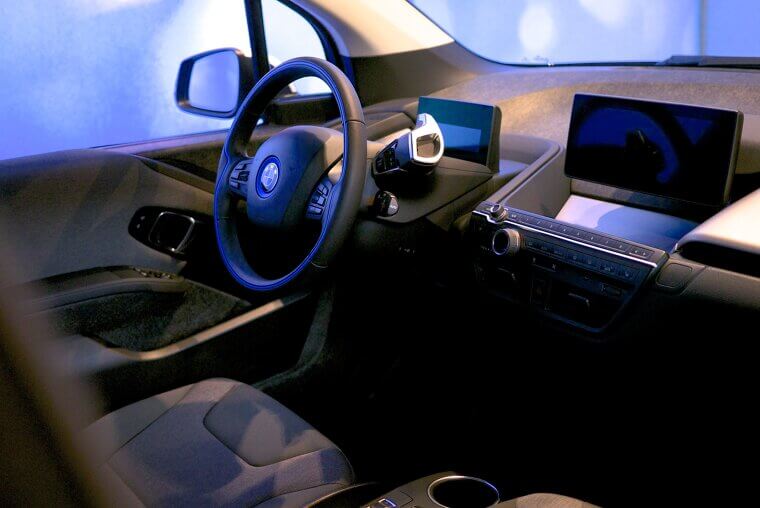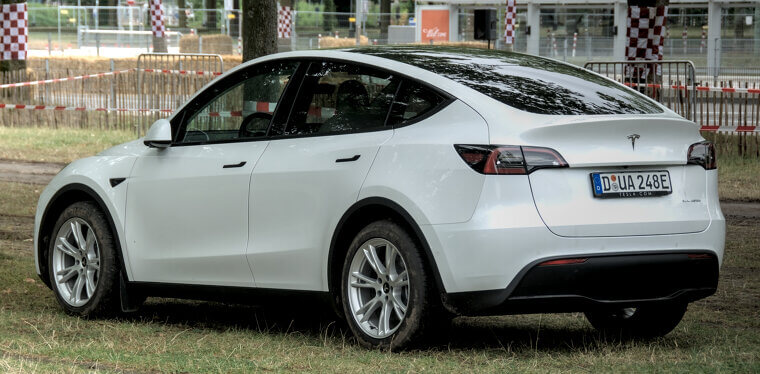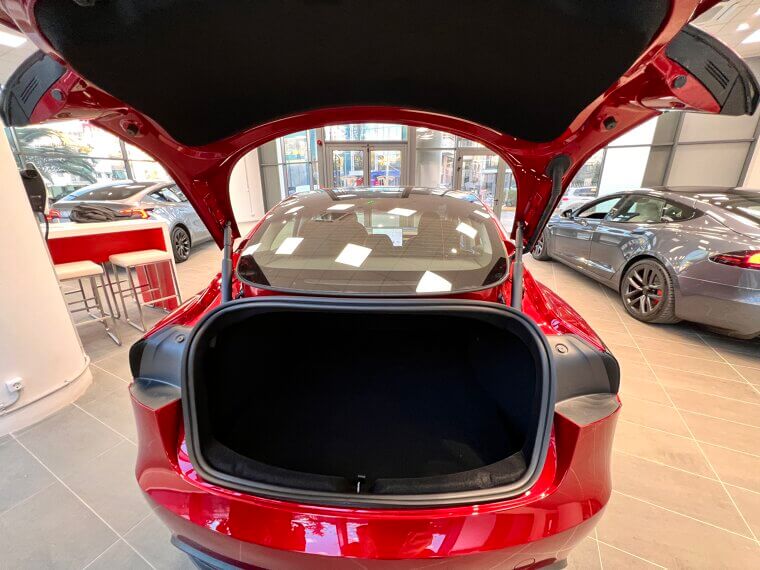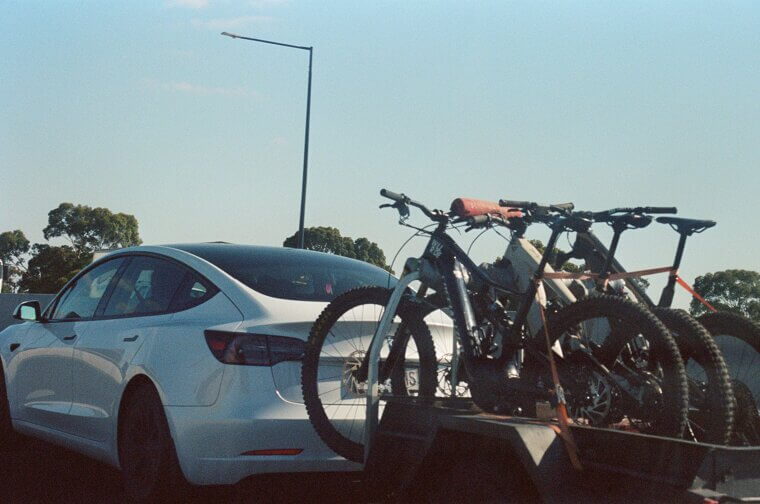A Difficult Choice
Choosing your next car is about more than just picking a color or brand - it’s about preparing for the future. With technology improving rapidly and environmental concerns taking center stage, car buyers face a major decision in 2025: Should they go with an electric vehicle (EV) or stick with a gas-powered car? Continue reading for help making your choice.
Ownership Costs
Money matters - and not just the price tag. You’ll want to evaluate both the upfront costs and what you’ll spend over time. EVs traditionally carry a higher purchase price, but charging is cheaper in the long run. Gas-powered cars remain more affordable upfront, but the cost of gas is the definition of unpredictable.
Convenience
Your car is only as useful as how conveniently you can “refuel” it. By 2025, charging infrastructure has massively improved. However, road trips in EVs may require careful planning. Gas-powered cars win when it comes to convenience. Gas stations are absolutely everywhere. This convenience is hard to beat!
Lifestyle Fit
When deciding between an EV and a traditional gas-powered vehicle, you’ve got to ask yourself, which fits my lifestyle better? Consider things like how many local charging stations you have compared to gas stations and if your average driving range suits an EV.
Environmental Impact
Environmental consciousness is a growing factor for car buyers. Sure, both electric cars and gas-powered cars leave a footprint, but they’re vastly different in terms of impact. EVs produce zero tailpipe emissions, making them a frontrunner in combating air pollution. Gas-powered cars, while reliable and established, produce much more CO2 emissions.
Technological Advancements
In 2025, the competition between electric and gasoline cars in the tech arena will be fierce, but the focus areas contradict hugely. EV makers continue to refine their batteries, improving range and charging speeds. On the flip side, gasoline cars aren’t frozen in time. Today’s internal combustion engines (ICEs) are more efficient than ever.
Consumer Experience
Driving isn’t just functional - it’s personal. How a car feels on the road can make or break your decision. EVs have instant torque, meaning they accelerate flawlessly and feel nimble in city traffic. Gas-powered cars often deliver the raw and classic driving experience that is so adored by enthusiasts. There's also no range anxiety here!
Maintenance Costs
Not only do electric cars have fewer wearable parts than gas cars (you'll never have to do an oil change on an EV), but the wearable parts they do have often need less frequent maintenance. On the other hand, traditional gasoline cars are infamous for their constant maintenance requirements - many of which cost a pretty penny!
Storage
Electric vehicles lack bulky transmissions and engines, creating more storage space. Some EVs have unique storage solutions like a “frunk” or gear tunnel, maximizing space efficiency in innovative ways. With this, gasoline vehicles simply have a trunk… and a dream!
Towing
All electric pickup trucks offer strong towing capabilities, but the range decreases significantly when towing. Charging mid-trip can be less convenient than refueling a gas truck. For short-distance or light towing, EVs may work well, but they lack the flexibility of traditional gasoline-powered pickups.
Variety
Most new electric vehicles are SUVs, with fewer sedan options like the Tesla Model 3 and BMW i5. EVs often come at luxury prices, contributing to high costs. Of course, the production of new and modernized EVs is pretty much guaranteed, but right now, the selection is more limited than gas-powered vehicles.

